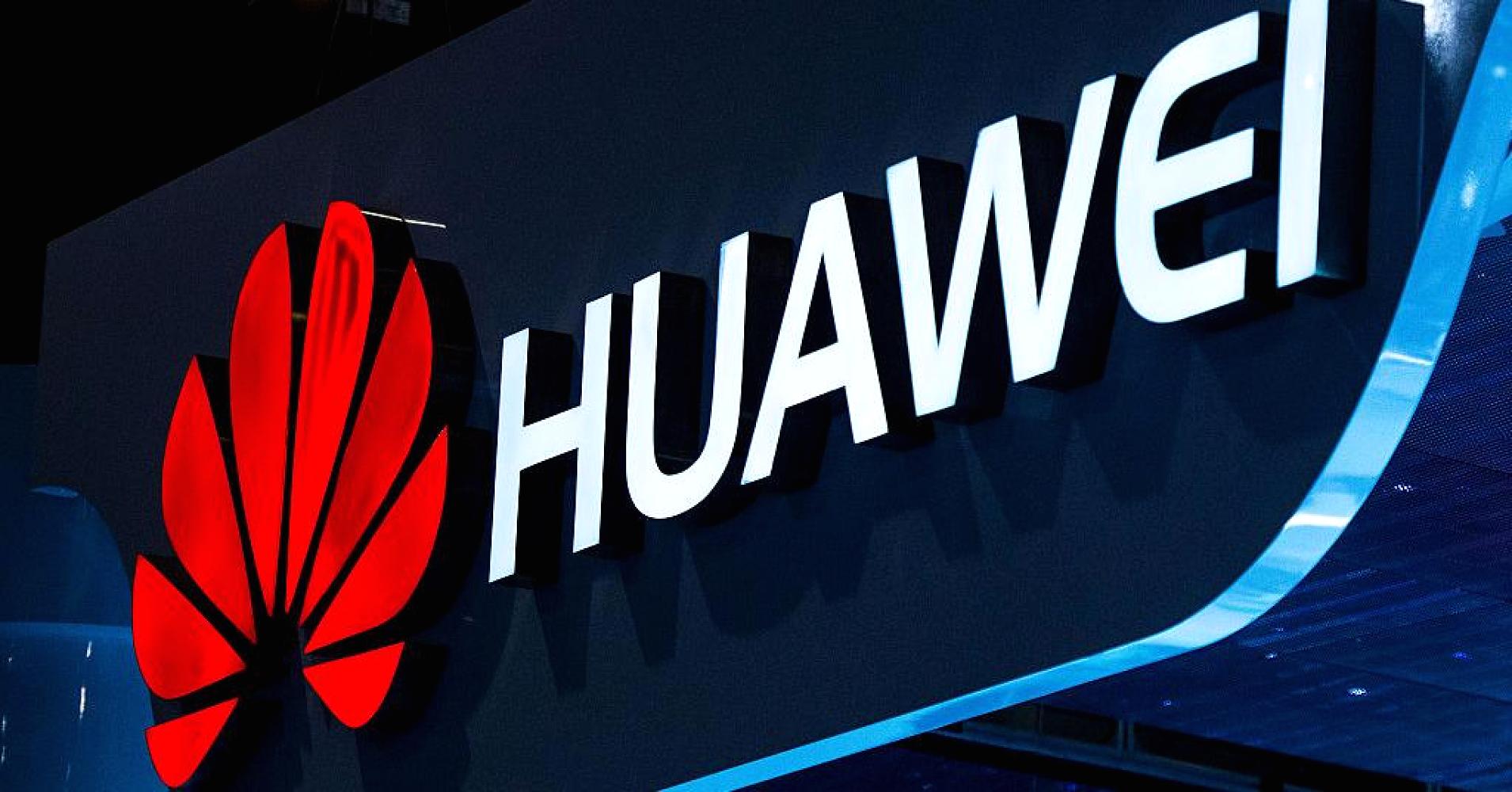Huawei has released a bitcoin wallet on its app store for the first time, allowing Chinese consumers to hold virtual currencies even as Beijing steps up regulation on the nascent industry.
The Shenzhen-based Chinese smartphone maker has teamed up with BTC.com, an online platform for cryptocurrency investors, miners and developers, to add BTC.com’s crypto wallet to Huawei’s new AppGallery.
The move comes as China cracks down on speculative trading in the cryptocurrency market. Beijing banned initial coin offerings (ICOs) — a form of fundraising for cryptocurrency start-ups — last year, and has closed down domestic bitcoin exchanges.
“Cryptocurrencies have recently expanded the human understanding of digital economy at a large scale,” Jaime Gonzalo, vice president of Huawei Mobile Services, said in a statement Friday.
“From our leadership position in China, the tip of the spear of mobile payments, we expect to see massive growth in global cryptocurrency adoption habits in the near future.”
BTC.com said in a statement that it was difficult for Chinese consumers to have access to a cryptocurrency app of any kind as Google’s app store is blocked in China. The firm’s wallet only supports bitcoin and an offshoot of the world’s largest cryptocurrency called bitcoin cash.
Huawei’s AppGallery will be pre-installed on all new Huawei and Honor phones and will be rolled out to other devices in the second quarter.
People in China are projected to spend more time on their smartphones and other mobile devices than watching television for the first time this year, according to research by eMarketer. Mobile payments are hugely popular in the country, with homegrown companies like Alibaba’s Ant Financial and JD.com’s JD Finance providing digital payments and lending services.
Huawei is the world’s second largest phone manufacturer, according to Counterpoint Research. But the firm has come under increased scrutiny in the U.S., with top intelligence chiefs accusing it of having the ability to spy on consumers. It has struggled to find a carrier in the U.S. that will allow it to sell its phones.
Link to the source of information: www.cnbc.com


 Signal2forex.com - Best Forex robots and signals
Signal2forex.com - Best Forex robots and signals




